Ever wondered why capybaras eat their own poop? If you’ve seen this quirky behavior in the world’s largest rodents, you might think, “What on Earth is going on?” But trust me, this is not just some weird, gross habit. It’s actually a brilliant survival strategy, and I’m about to break it all down for you in a way that makes perfect sense.
Let’s dive into why capybaras chow down on their poop, how it works, and why it’s a lot more genius than it seems.
What Is Coprophagy, and Why Do Capybaras Do It?
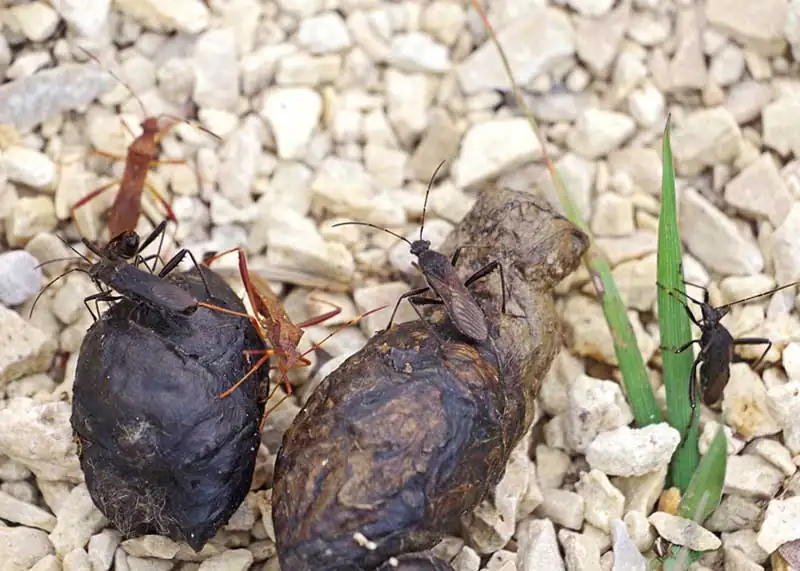
First things first—yes, capybaras eat their poop, and it has a fancy name: coprophagy. But why would an animal do this?
Well, it all comes down to their diet and digestive system. Capybaras are herbivores. Their main meals are plants, grasses, and aquatic vegetation—all super high in fiber but not easy to digest. That’s where their unique digestive system comes in.
Here’s the Science-y Part (Simplified)
- Hindgut Fermentation: Capybaras digest food in their large cecum (kind of like a fermentation chamber). This process helps break down tough plant material.
- The Catch: Even after one round of digestion, they don’t get all the nutrients out of their food.
- The Solution: They produce special nutrient-rich poop called cecotropes—and eat it. These soft pellets are packed with vitamins and essential nutrients their bodies missed the first time around.
Weird? Maybe. Smart? Absolutely.
Why Eating Poop Is Actually a Power Move for Capybaras
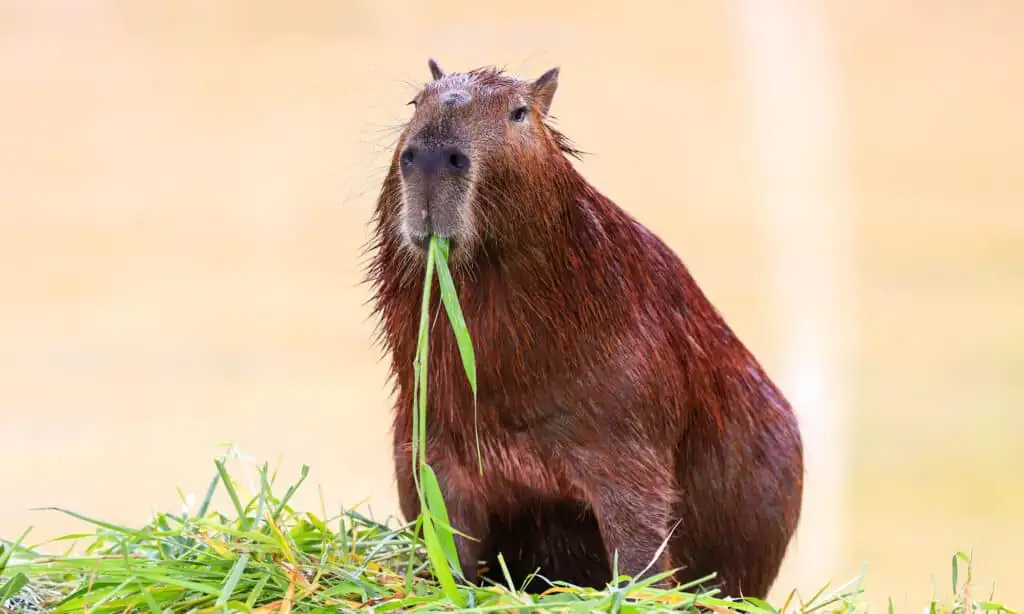
Eating poop might sound gross, but for capybaras, it’s a survival tactic. Here’s why it’s such a big deal:
1. More Nutrients, Less Waste
Imagine eating a salad, but your body only absorbs half the nutrients. You’d be missing out, right? By eating their poop, capybaras get a second chance to soak up vitamins like B12 and essential amino acids that weren’t fully digested the first time.
2. Gut Health on Point
Ever heard of probiotics? Capybaras basically get a natural dose of these good bacteria by consuming cecotropes. This keeps their gut microbiome balanced and their digestion running smoothly.
3. Adaptation for Survival
During the dry season, when food is scarce or less nutritious, coprophagy becomes even more critical. By reusing what they’ve got, capybaras can thrive even when times get tough.
What Do Capybaras Eat Besides Poop?
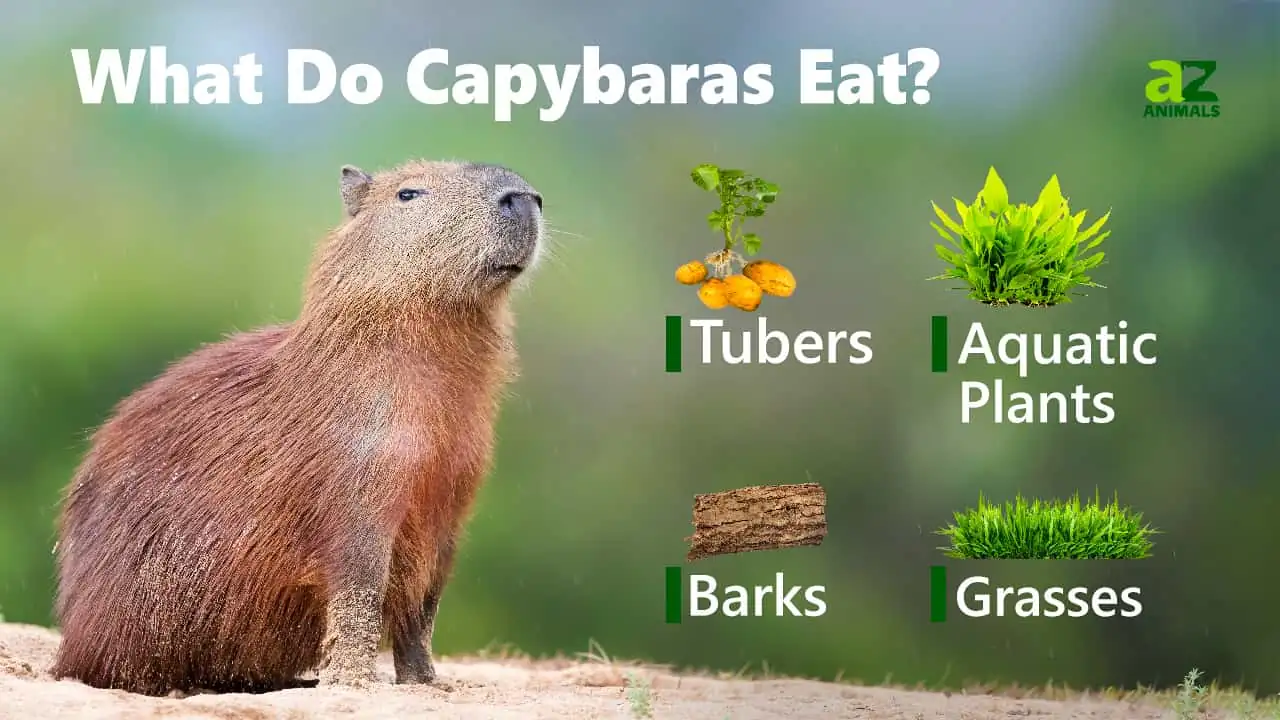
Okay, so poop is part of their diet, but it’s not their main course. Here’s what capybaras love to munch on:
- Grasses: Their primary food source—full of fiber but tough to digest.
- Aquatic Plants: Think water hyacinths and water lettuce.
- Fruits and Vegetables: Occasionally, they’ll treat themselves to fruits like melons or vegetables like squash when available.
- Tree Bark and Reeds: During the dry season, they get creative with harder-to-digest food sources.
Fun Fact: Capybaras Aren’t the Only Poop Eaters
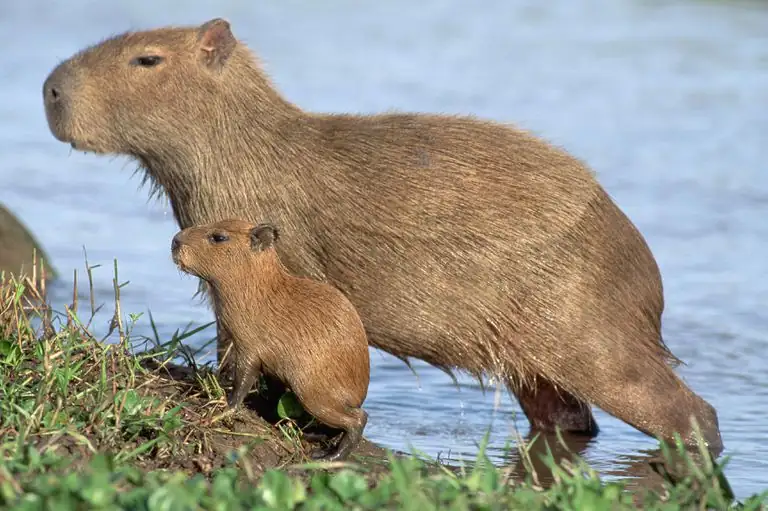
Coprophagy isn’t exclusive to capybaras. Other animals do it too, and for similar reasons.
- Rabbits: These little guys also eat cecotropes to maximize nutrient intake.
- Guinea Pigs: Yep, your cute, cuddly pet is likely doing this as well.
- Elephants and Hippos: While not as common, they sometimes exhibit similar behaviors to aid digestion.
FAQs About Capybaras and Coprophagy
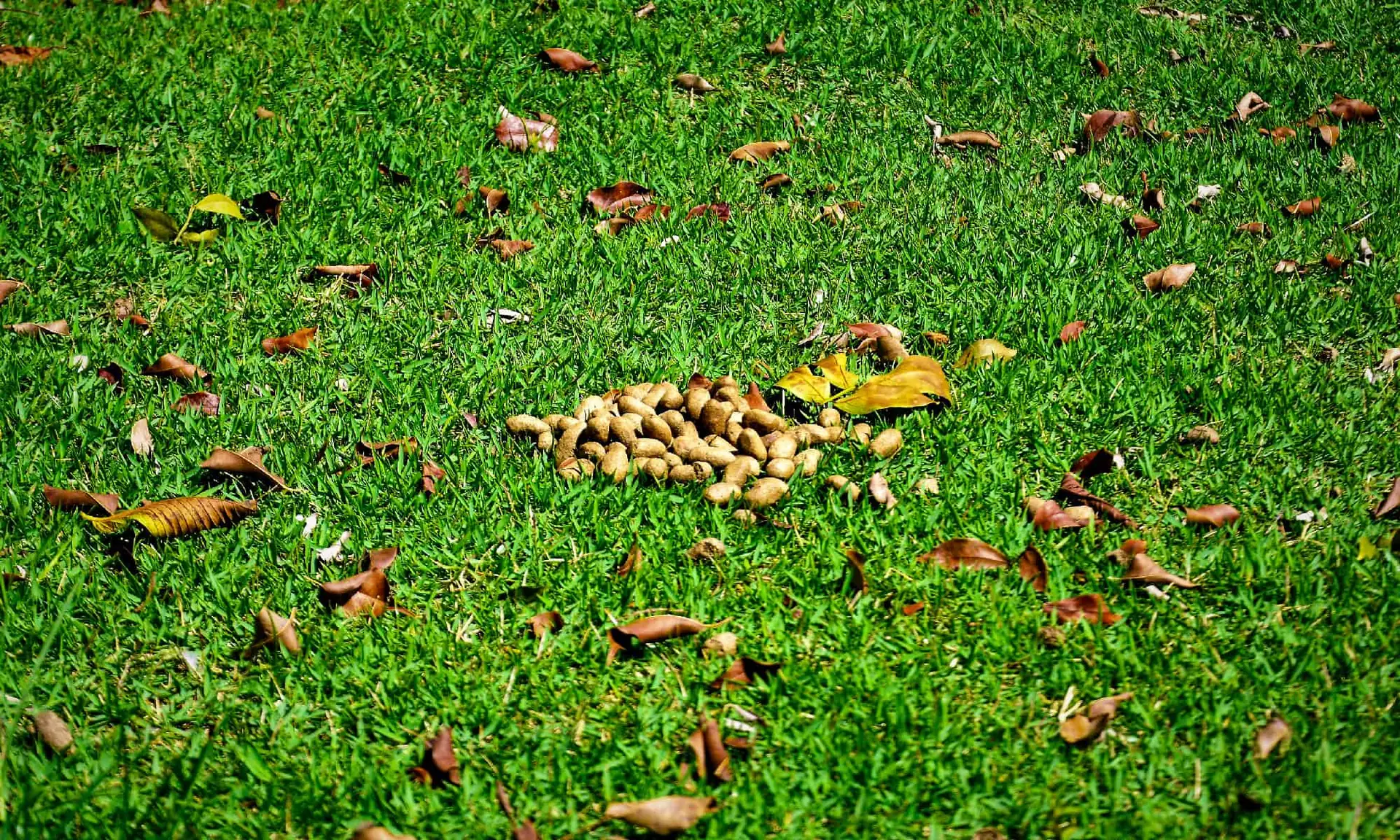
1. Do capybaras eat poop every day?
Yes, but it’s specific. They eat only their cecotropes, not all their feces. It’s a daily habit for nutrient absorption.
2. Is this behavior healthy?
Absolutely! It’s crucial for their diet and overall health. Without it, they’d miss out on essential nutrients.
3. Can pet capybaras live without eating poop?
Not really. Even in captivity, they need to eat their cecotropes to stay healthy. A well-balanced diet can help, but this behavior is natural and necessary.
Why You Should Care About Coprophagy (Even If It’s a Little Gross)
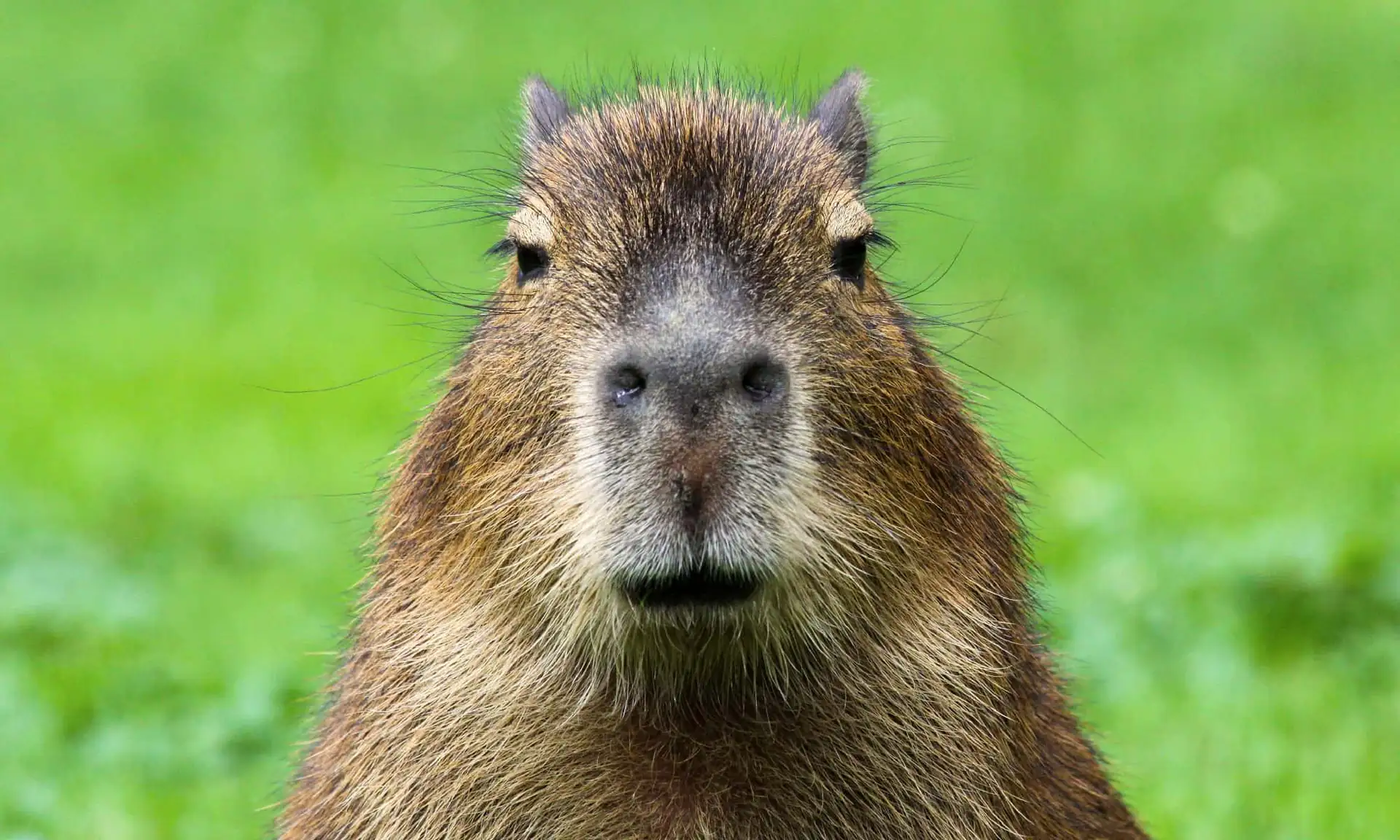
Here’s the deal: Learning about behaviors like coprophagy isn’t just about understanding capybaras. It’s about seeing how animals adapt to survive in unique ways. Capybaras turn something that seems odd into a life-saving strategy.
Imagine if humans had to eat their food twice to get all the nutrients. Sounds wild, right? But for capybaras, this is nature’s design—perfectly tailored to their fibrous, nutrient-light diet.
Wrapping It Up: Why Eating Poop Is Pure Genius
So, do capybaras eat their own poop? Yes, they do—and it’s brilliant. This quirky habit helps them extract every possible nutrient from their food, keep their gut healthy, and adapt to tough conditions.
It’s just another reason why capybaras are some of the most fascinating creatures out there. They’re proof that even the weirdest behaviors can make total sense in the grand scheme of survival.
If you’re as intrigued by capybaras as I am, keep exploring their world. These adorable, poop-eating geniuses have so much more to teach us about adaptation and resilience.
